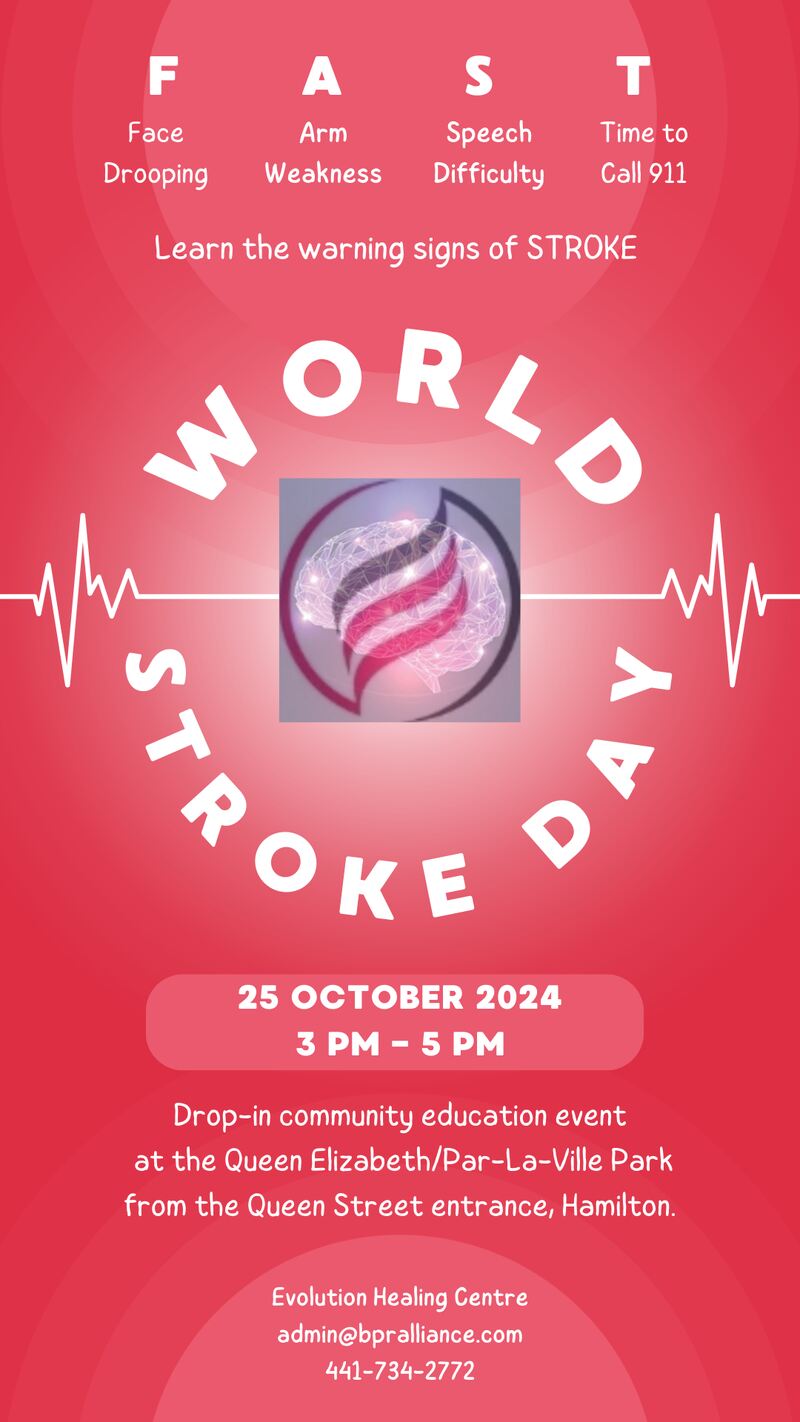Column: The Struggles Of Stroke Survivors
[Column written by Dr Kimberley Watkins]
Returning to the workplace after experiencing a stroke can be a daunting challenge for many survivors. The transition back to work is often accompanied by various physical, cognitive, and emotional hurdles that can impact their ability to perform effectively. Employers and colleagues may also struggle to understand and accommodate the unique needs of stroke survivors, leading to feelings of isolation and frustration.
The quotes included are from those who have experiences after a stroke.
“The right environment can help you to thrive.”
It was noted that “support from managers and other staff was key. Thinking it was business as usual but that was not the case was a challenge.”
In this article, we will explore the challenges faced by stroke survivors as they re-enter the workplace and discuss strategies for creating a supportive and inclusive environment for their successful return to work.
“Giving people a chance and encouraging them to return to work. Not just pushing them to the side and thinking they are broken. Don’t just think this is all they can do because people can push and learn even more.”
Physical Challenges
Stroke survivors often experience physical impairments such as muscle weakness, limited mobility, and fatigue, which can significantly impact their ability to perform job tasks. Simple activities like sitting for prolonged periods or using a keyboard may pose significant challenges. Employers can support stroke survivors by providing ergonomic workstations, allowing flexible work schedules, and implementing assistive technologies to help them perform their duties more comfortably. Employers can allow for enough flexibility in schedule in order to facilitate rehabilitation appointments for their continued recovery.
Cognitive Impairments
Cognitive challenges, including difficulties with memory, concentration, and problem-solving, are common among stroke survivors. These issues can affect their ability to process information, make decisions, and communicate effectively in the workplace. Employers can help by providing clear and concise instructions, breaking tasks into manageable steps, and offering additional training or support to enhance cognitive skills.
“Returning to work can be a challenge; just because you had a stroke does not mean you are not capable. Or the opposite that you are at the level you were before. After the stroke, you can think differently, and sometimes at a slower pace. You might need to take breaks or do things differently. You are facing a new normal, being the same and being different at the same time.”
Empathy for Emotional Impact
Returning to work after a stroke can also evoke a range of emotional responses, including anxiety, depression, and low self-esteem. Many stroke survivors may feel uncertain about their abilities and worry about how they will be perceived by their colleagues. Creating a supportive and empathetic workplace culture is crucial for addressing these emotional challenges. Employers can encourage open communication, provide access to counseling or support groups, and promote a culture of inclusivity and understanding.
Facilitate an Understanding
One of the biggest challenges faced by stroke survivors is the lack of understanding and awareness among employers and colleagues about the long-term effects of stroke.
“One important thing was for co-workers to show kindness.”
Many people may underestimate the impact of stroke on an individual’s daily functioning and inadvertently create barriers to their successful reintegration into the workplace. Raising awareness, providing education, and promoting empathy are essential steps in fostering a more inclusive and supportive work environment for stroke survivors.
“It was important for employers to pace the return to work and not feel like the person has to go 100 miles an hour straight away. Just because they did it before does not mean that is where they are now. They can get there though, and there must be understanding that there are different avenues.”
In addition to the challenges faced by stroke survivors returning to the workplace, young stroke survivors may also encounter unique concerns related to their age and stage in life. Returning to work and engaging in meaningful activities in the community can be particularly important for young stroke survivors, as it not only contributes to their financial independence but also plays a crucial role in their social and emotional well-being. Many young stroke survivors may have ambitious career aspirations and a desire to participate in recreational and community activities that are meaningful to them.
Employers and community organizations can support young stroke survivors by offering flexible work arrangements, career development opportunities, and inclusive community programs that accommodate their specific needs and interests. By recognizing the importance of meaningful work and community engagement for young stroke survivors, we can help them rebuild their lives and regain a sense of purpose and fulfillment beyond the workplace. The challenges faced by stroke survivors returning to the workplace are multifaceted and require a collaborative effort from both the individual and the employer to overcome. By acknowledging and addressing the physical, cognitive, and emotional hurdles faced by stroke survivors, workplaces can create a more inclusive and supportive environment that enables these individuals to thrive in their professional roles. With the right accommodations, understanding, and support, stroke survivors can successfully reintegrate into the workforce and contribute their valuable skills and experiences.
- Dr Kimberley Watkins
Read More About
Category: All



